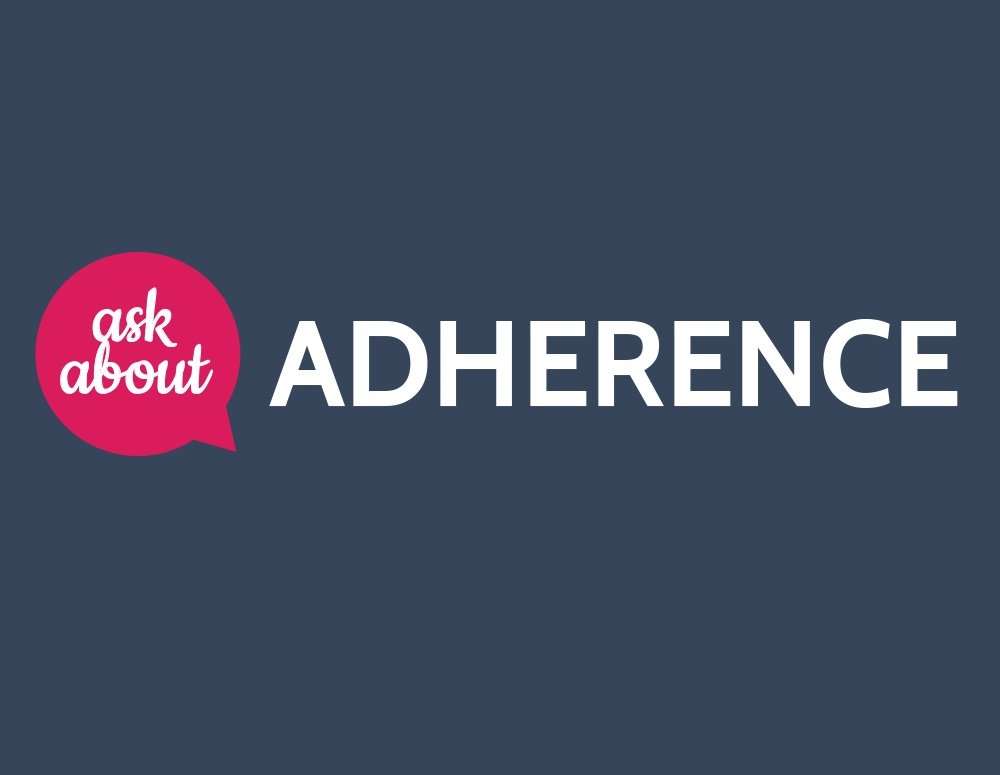Ask About Adherence is a blog series featuring Q&A’s with experts and new medication adherence resources. In this post, we feature a new article in the Journal of Patient Preference and Adherence, titled “A Renewed Medication Adherence Alliance Call to Action: Harnessing Momentum to Address Medication Nonadherence in the United States,” which was written on behalf of the Medication Adherence Alliance.
Stay tuned for the next blog and be sure to share your thoughts in the comments section below.
Medication nonadherence is prevalent among American adults, resulting in “annual avoidable health care costs ranging in hundreds of billions of dollars.” And experts agree that combatting this issue requires a multi-prong approach. In a new article, Leah L. Zullig, Bradi B. Granger and Hayden B. Bosworth look at ongoing efforts to address nonadherence in the United States with insights gathered from two think tanks that convened medication adherence experts, a group known as the Medication Adherence Alliance (Alliance).
As the authors explain, the group first met in 2011. At the end of the meeting, the Alliance had come to three main conclusions: 1) strategies to address medication nonadherence should be targeted and tailored for the patient; 2) medication adherence is a shared goal between all parties within the health care system; and 3) adherence must be improved at both the national and local level.
The group met for a second two-day think tank in 2015 to assess the changing landscape of medication adherence since 2011. Recognizing that adherence levels were still low and awareness about the issue needed to increase, the Alliance suggested that medication adherence could be addressed through: 1) policy-based interventions (e.g., incentive reform); 2) emerging technologies; and 3) patient-level interventions.
The authors provide an in-depth explanation of these potential strategies throughout the article. They note that examples of policy-based interventions include medication therapy management, incentive reform, value-based insurance design and performance reporting. Health system-level care coordination is listed as another example of an adherence solution, such as through medication synchronization which enables patients with multiple chronic conditions to pick up all medication refills at one time. And the rise of Internet (eHealth) and mobile health (mHealth) capabilities, which increase adherence by including medication-taking reminders and pill-monitoring technologies, is also discussed as an example.
In reflecting on the outcomes of the two think tanks and the current landscape, the authors conclude that more needs to be done to address adherence. However, they note that medication nonadherence is a problem that can be countered with the right approach, and by doing so, national health care costs will decrease.
The conversation on strategies and real-word solutions to address medication nonadherence continues when the Alliance convenes for an upcoming conference, “Suboptimal Medication Use and Population Health-Intersection of Research, Implementation, and Policy,” later this year. More information is available on the Alliance’s website: managingyourmeds.org.
Learn more about the two previous Medication Adherence Alliance meetings and the changing landscape of medication nonadherence in the full article here.



